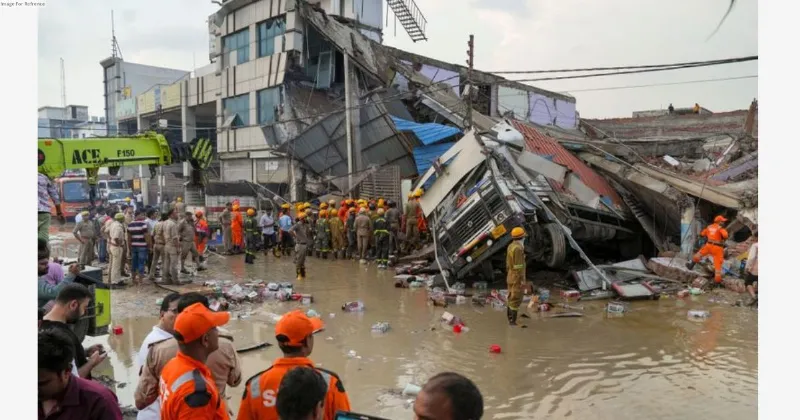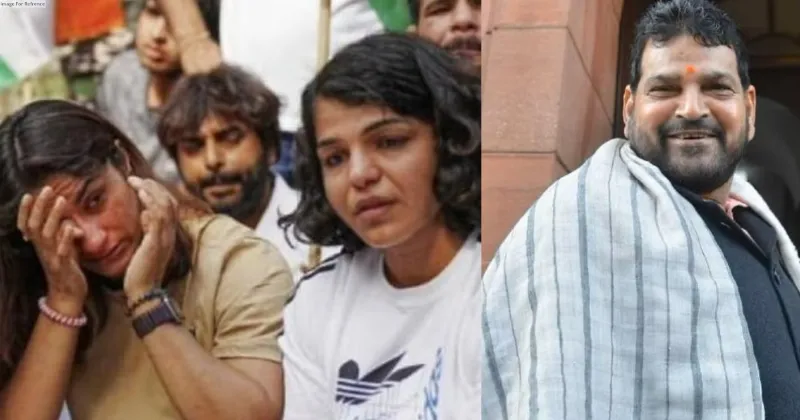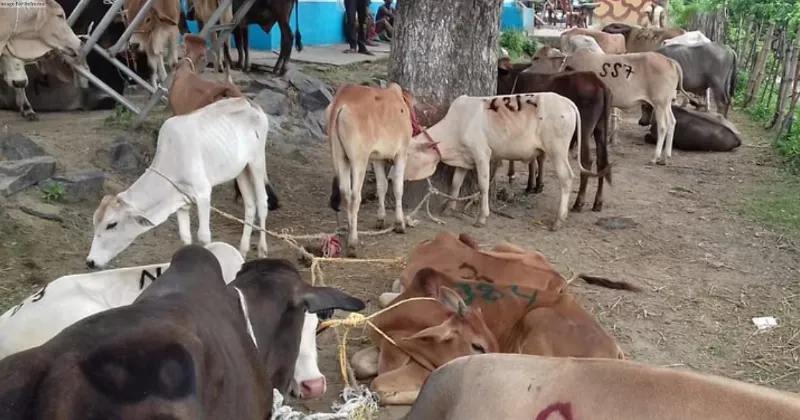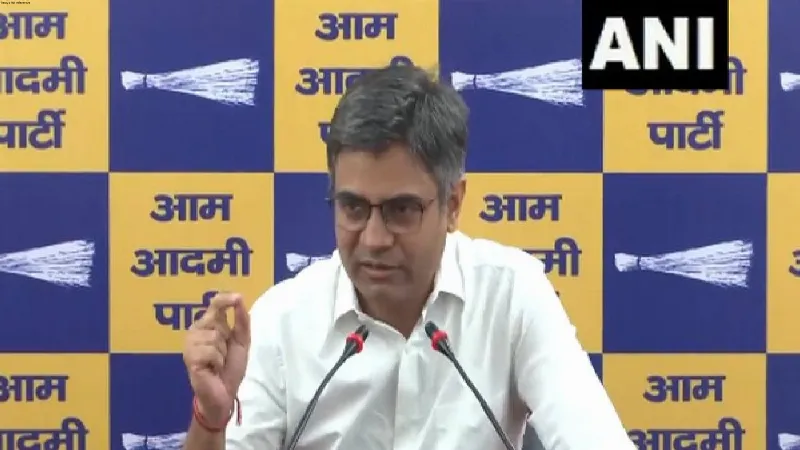Latest News
Sharm El-Sheikh to Dubai

Five important decisions were taken as outcome of COP-27 held last year at Sharm El-Sheikh, Egypt after High Level Discussion on climate change, the main focus was laid on implementation to achieve desired level of Climate Action. The entire year has passed and from 30 November to 12 December 2023, the world’s top leadership will once again gather in Dubai to express concern over climate change, the threat to the environment and humanity. This time COP-28 will be special in many ways, which will probably have the highest participation.
Amidst new concerns, new proposals and new decisions, it is very important to look at the decisions of last year and the status of their implementation. Otherwise this too will once again become an annual event like performing rituals. India played vital role in the decisions taken during the last convention and as a result, through a special resolution, it was decided to set up a Loss and Damage Fund for the losses and destruction caused by climate change. Its objective was to compensate for the damage caused to the environment and to provide adequate resources to prevent future destruction so that related actions could be carried out effectively. This proposal was widely publicized as a landmark and special achievement of COP-27.
Apart from this, with special emphasis on keeping the temperature below 1.5 Celsius, it was envisaged in the convention that considering peak level in 2025, more comprehensive measures need to be taken to reduce the carbon intensity of its economy by at least 45 percent by 2030 compared to 2005 levels. These targets are set to avert damage caused by extreme temperatures and Green House Gas, which can be prevented as much as possible through collective action. Recently, the entire world has experienced the hottest months of September and October. Changes in human lifestyle along with industrialization have been attributed mainly to greenhouse gas emissions for unexpected warming of the atmosphere.
In the last conference, emphasis was also laid on fixing accountability of business and institutions through another important decision. Earlier, the government system and the common people were at the centre of all discussions. In this convention, environment targeted reporting was also considered equally important by establishing a comprehensive framework for controlling carbon emissions from a business and institutional perspective. Behind this, uncontrolled pollution in businesses and apparent ignorance about it were considered important factors of climate change.
Considering the adverse impact of developed countries on the environment and in particular on developing countries has become extremely serious due to lack of resources. Hence, it was resolved to provide better financial support to developing countries towards prevention of climate change, adaptation to it, compensation for damage and destruction and related environmental technology development. The need for It is also emphasised as due to lack of adequate resources with developing countries instead of reduction in carbon emissions and promote environment-friendly development, they are at increase. Therefore, to achieve the target of 1.50 Celsius, it is the responsibility of the developed countries to help in preventing the damage caused by pollution in the developing countries at least through financial help.
The Loss and Damage Fund, much touted as an achievement of COP 27, has been intensely discussed over the past year. The transitional committee formed for this purpose also held several meetings but the decision to present a half-baked, compromise proposal for COP-28 starting in Dubai on 30 November 23 was taken in the recently held emergency meeting. This is just an incomplete proposal like hiding the face, the purpose of which is probably to show that steps are being taken towards implementation. It is noteworthy that in the past too, it took years to establish and operationalise the Green Climate Fund under UNFCC and many objections including retapism were lodged by the developing countries regarding its availability and accessibility. There is a fear that it may also meet the same fate because it is proposed to be established for the first four years under the World Bank, which takes about 17 percent of the money for hosting and operation having its basic function as to provide loans. . Whereas, the initial objective of this fund is to provide grants and assistance. Also, the World Bank works within the framework of its established rules and regulations, in such a situation, even before the establishment of the said fund, serious question marks have been raised on its autonomy. However, it has been proposed to constitute an independent board for the operation of the said fund, which will have 26 representative members from 12 developed and 14 developing countries. Surprisingly, neither NGOs nor affected societies like industrial organisations, international groups etc. have been given any place in it, due to which its comprehensiveness, relevance and functioning is questioned. Organizations raising their voice about the environment fear that the World Bank may become its permanent headquarters and implement it as a new scheme for its lending. At the same time, it is also feared that under the definition drafted in the proposal, the benefit of the said fund will be limited only to those poor countries which have to face irreversible and inevitable destruction due to climate change. In this regard, demands are being raised that separate rules should be set for this Loss and Damage fund beyond the rules and regulations of the World Bank, a separate Executive Director should be appointed and all the developing countries get advantage of it. There are many countries which are not members of the World Bank Group and generally the rules of the Bank deprive them of cooperation. Regarding the use of this fund, it has been proposed to extend this rule to all the developing countries irrespective of their membership status.
THE VIEWS EXPRESSED BY THE AUTHOR ARE PERSONAL
Dr Vivek S Agrawal The writer is specialist on Urban Health and Environment





















